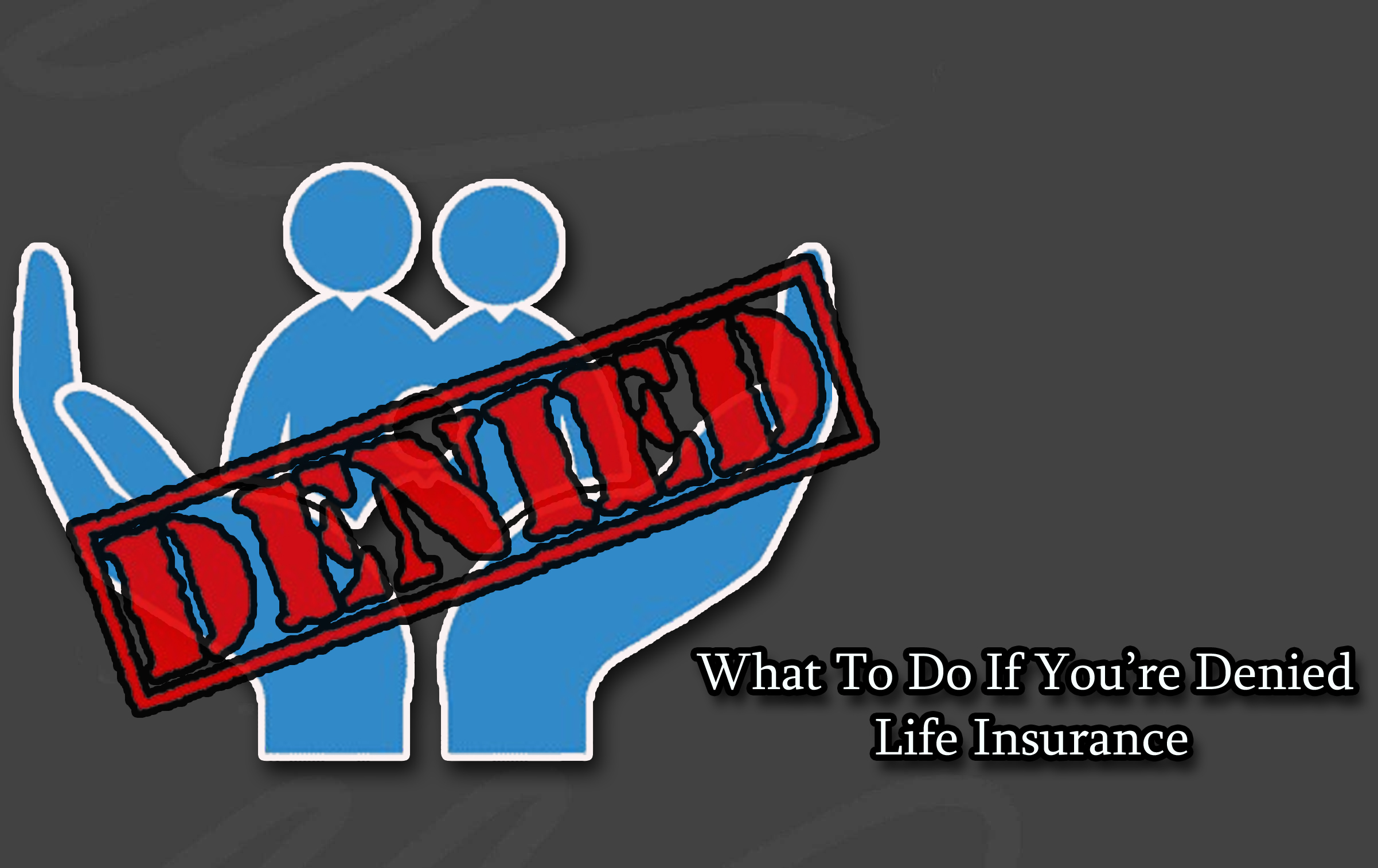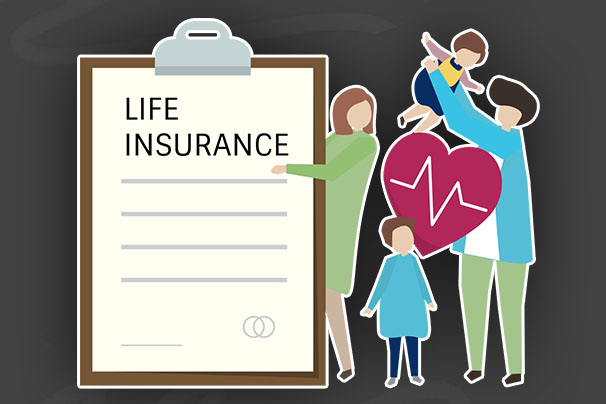One of the greatest and most essential things that secure your financial security is Insurance Quotes. Insurance is a critical part of financial planning, as it offers you protection against various risks, from accidents and health issues to damage or loss of property. Obtaining and comparing insurance quotes is an essential step in finding the right coverage at the best price.

Additionally, understanding the factors that influence quotes like your driving history, location, and credit score, can help you make informed decisions and potentially lower your rates.
What Is an Insurance Quote?
An insurance quote is simply an estimate provided by an insurance company that tells you how much it will cost to insure you or your property based on the type and amount of coverage you need. What’s more, the quote serves as an initial figure. Although the quote is susceptible to change after a more detailed assessment, it gives you a more accurate sense of the cost of coverage.
Furthermore, insurance quotes can be obtained for various types of insurance, including:
- Homeowners Insurance
- Auto Insurance
- Life Insurance
- Health Insurance
- Business Insurance
- Travel Insurance
When you request a quote, insurance companies always analyze several factors such as your risk profile, the value of the property, and your personal history to provide a customized price.
Average Insurance Quote Rates in U.S.
The quote rates you get vary greatly based on factors like location, type of insurance, and personal history. Here are some of the average rates in the U.S. for common types of insurance:
- Auto Insurance: According to the National Association of Insurance Commissioners (NAIC), the average annual premium for auto insurance in the U.S. is around $1,070.
- Health Insurance: The average monthly premium on the Health Insurance Marketplace was around $456 in 2023, according to eHealth.
- Life Insurance: The cost of life insurance depends on your age, health, and policy amount. A healthy 30-year-old might pay around $30 to $50 per month for a 20-year, $500,000 term life policy.
- Homeowners Insurance: The average annual premium in the U.S. is around $1,445, but it can range anywhere from $500 to over $2,000 depending on risk factors like natural disasters. Nevertheless, a premium on home insurance varies based on the value of your home and the area.
These are some of the average rates for different fields of insurance in the United States.
Factors Affecting Insurance Quotes
There are a variety of factors that Insurance companies use to calculate your quote. These factors may vary depending on the type of insurance you’re seeking, but the following are the most common influences:
Personal Information
- Age: Younger drivers or younger individuals generally face higher rates for auto and life insurance.
- Location: Your ZIP code is also a determining factor that influences your insurance costs, especially for home and auto insurance.
- Gender: In statistics, men may pay more for auto insurance, while women could pay more for life insurance, depending on the region.
Credit Score
Insurance companies also use credit scores sometimes as an indicator of risk, where lower scores can lead to higher premiums. A poor credit score can raise rates for car, home, and even life insurance.
Claims History
If you have a history of filing multiple claims, you may be considered a higher risk which leads to you getting higher quotes.
Driving History
In the case of auto insurance, your driving record, including accidents, speeding tickets, and claims, directly impacts auto insurance quotes. A clean driving record can result in significantly lower premiums.
Coverage Levels
Another factor that influences your insurance quote is the amount of coverage you request. Higher coverage limits or additional policies, such as collision and comprehensive coverage for auto insurance, will increase the premium.
Type of Property or Vehicle
The make, model, and value of your vehicle or property will affect the quote you get. Furthermore, luxury cars or homes in disaster-prone areas are more likely to carry higher premiums.
How to Get an Insurance Quote
The process of getting an insurance quote is pretty straightforward. Plus, you can easily obtain one either online, over the phone, or through a licensed insurance agent. Here is a detailed guide on how you can get an insurance quote:
Online Quote Tools
There are many online quote tools offered by insurance that can help you receive an estimate within minutes. All you have to do is supply all required personal information of yours. Moreover, using sites like Geico, Progressive, and Allstate allows you to compare quotes from various insurers.
Work with an Agent
An insurance agent can provide personalized further assistance, as they help you understand coverage options. What’s more, they help you find a quote that fits your needs and this approach is highly beneficial for complex insurance like business or life insurance.
Top Providers for Insurance Quotes
Here are some of the top insurers in the U.S. that offer a wide range of policies:
- Geico: Geico is well known for its affordable auto insurance premiums. Plus, they also provide online quotes in minutes.
- State Farm: This is another reliable insurance company that provides quotes for home, life, auto, and business insurance with a reputation for excellent customer service.
- Progressive: Progressive offers competitive rates for auto and home insurance, with both online and agent-assisted quotes.
- Allstate: Allstate is another legitimate insurance provider that offers a variety of policies, including bundling options for discounts.
- Liberty Mutual: Liberty Mutual is well known for customizable coverage options and auto and home insurance discounts.
These are some of the top insurance providers that offer clients quality quotes.
Frequently Asked Quotes
Here are some frequently asked quotes you can check out:
How do I lower my insurance quote?
If you want to reduce your insurance quotes, you can start by bundling policies, raising deductibles, improving your credit score, or opt for lower coverage limits.
Is the quote the final price I’ll pay for insurance?
Not necessarily. The quote is simply an estimate you get. The final premium may change based on a deeper assessment by the insurance company, especially if additional information comes to light after the quote is issued.
How often should I get new insurance quotes?
Shopping for new quotes annually or whenever significant life changes occur is advisable. Such events may include moving, buying a new car, or improving your credit score.








